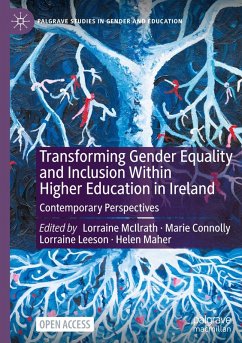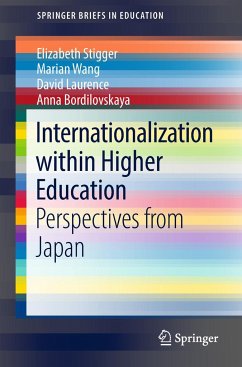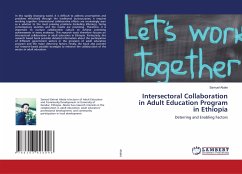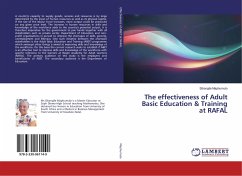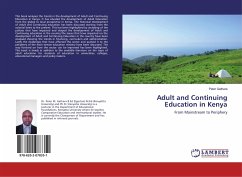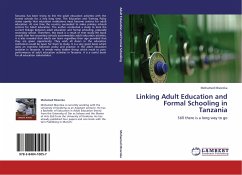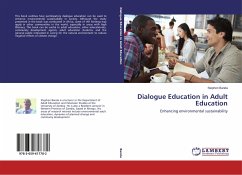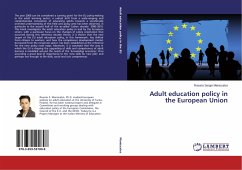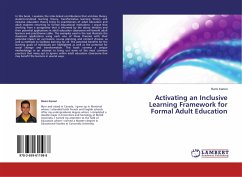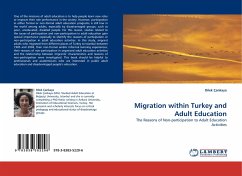
Migration within Turkey and Adult Education
The Reasons of Non-participation to Adult Education Activities
Versandkostenfrei!
Versandfertig in 6-10 Tagen
32,99 €
inkl. MwSt.

PAYBACK Punkte
16 °P sammeln!
One of the missions of adult education is to help people learn new roles or improve their role performance in the society. However, participation in either formal or non-formal adult education programs is still low in the world among adults, especially by disadvantaged groups, such as poor, uneducated, disabled people. For this reason, studies related to the issues of participation and non-participation in adult education gain special importance especially to identify the reasons of participation or non-participation in adult education activities. In this study, migrant adults who migrated fro...
One of the missions of adult education is to help people learn new roles or improve their role performance in the society. However, participation in either formal or non-formal adult education programs is still low in the world among adults, especially by disadvantaged groups, such as poor, uneducated, disabled people. For this reason, studies related to the issues of participation and non-participation in adult education gain special importance especially to identify the reasons of participation or non-participation in adult education activities. In this study, migrant adults who migrated from different places of Turkey to Istanbul between 1985 and 2004, their non-formal and/or informal learning experiences, their reasons of non-participation in organized adult education activities and the relationship between migrants characteristics and reasons of non-participation were investigated. This book should be helpful to professionals and academicians who are interested in public adult education and disadvantaged people s education.



